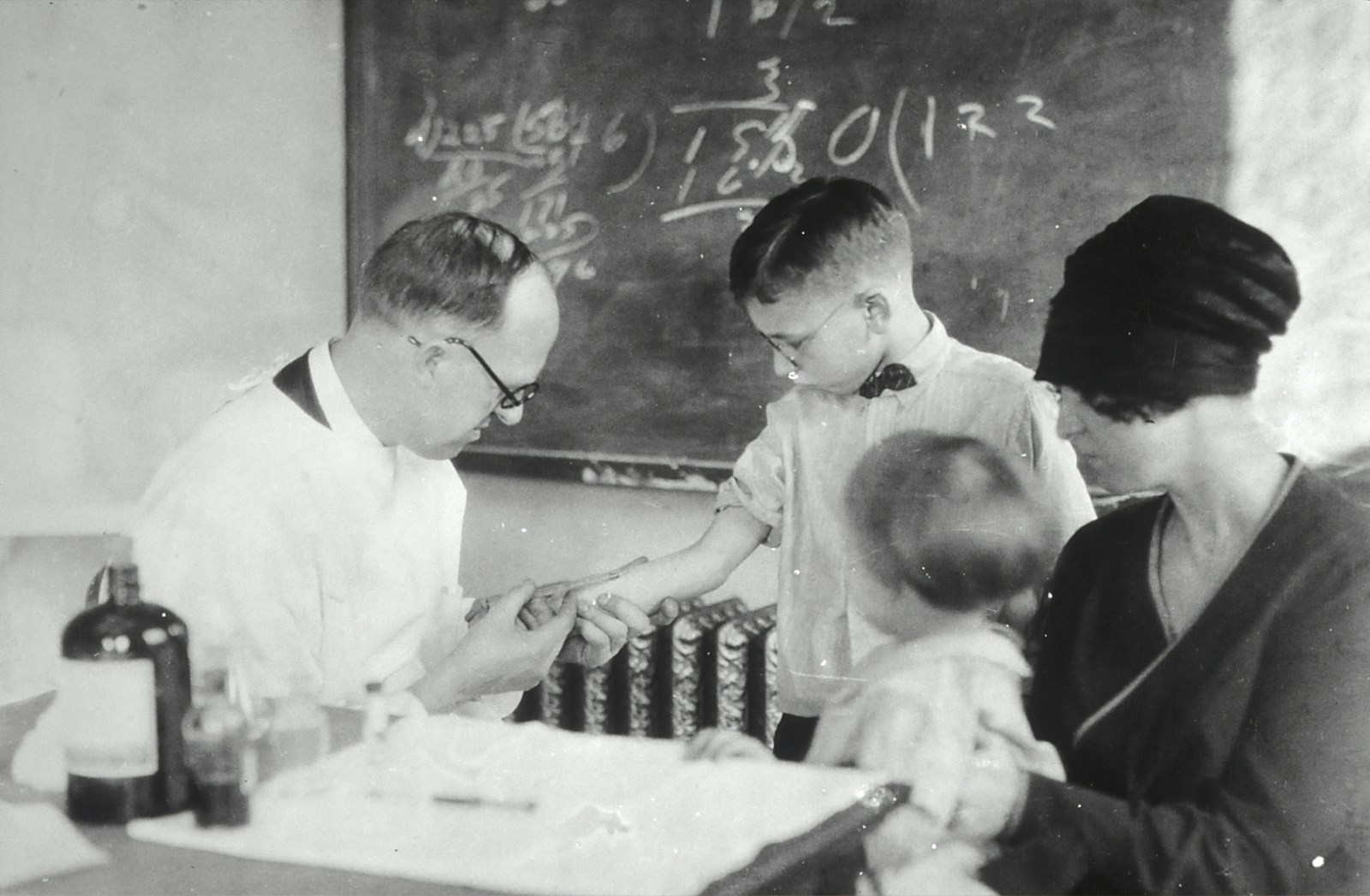
儿子
ér zi

son
The word '儿子' in Chinese is used in the same context as it is in English. It's used to denote the male offspring of parents. It's a common term used in the family context to refer to a boy or a young adult male. It can be used together with possessive pronouns to signify possession. For instance, '我的儿子' means 'my son'.
Example sentences using: 儿子
儿子已经十岁了。
érzi yǐjīng shí suì le.

The son is already ten years old.
This sentence states that the son is now ten years old.
儿子去学校了。
Erzi qu xue xiao le.

The son went to school.
This phrase indicates that the son has gone to school.
儿子在读书。
érzi zài dúshū.

The son is reading.
This sentence states that the son is currently reading.
儿子喜欢足球。
érzi xǐhuān zúqiú.

The son likes football.
In this sentence, it is stated that the son has a preference for football.
我的儿子是个好孩子。
Wǒ de érzi shì gè hǎo háizi.

My son is a good boy.
This sentence expresses that the speaker's son is a good child.
儿子吃了早餐。
érzi chī le zǎocān.

The son has eaten breakfast.
This sentence tells us that the son has finished eating his breakfast.
儿子要去公园。
érzi yào qù gōngyuán.

The son wants to go to the park.
This sentence shows that the son has an intention of going to the park.
儿子会说汉语。
érzi huì shuō hànyǔ.

The son can speak Chinese.
This sentence is saying that the son is capable of speaking the Chinese language.
儿子不喜欢吃鱼。
érzi bù xǐhuān chī yú.

The son doesn't like eating fish.
In this sentence, it describes that the son does not enjoy consuming fish.
儿子在看电视。
érzi zài kàn diànshì.

The son is watching TV.
This sentence indicates that the son is currently engaged in watching television.